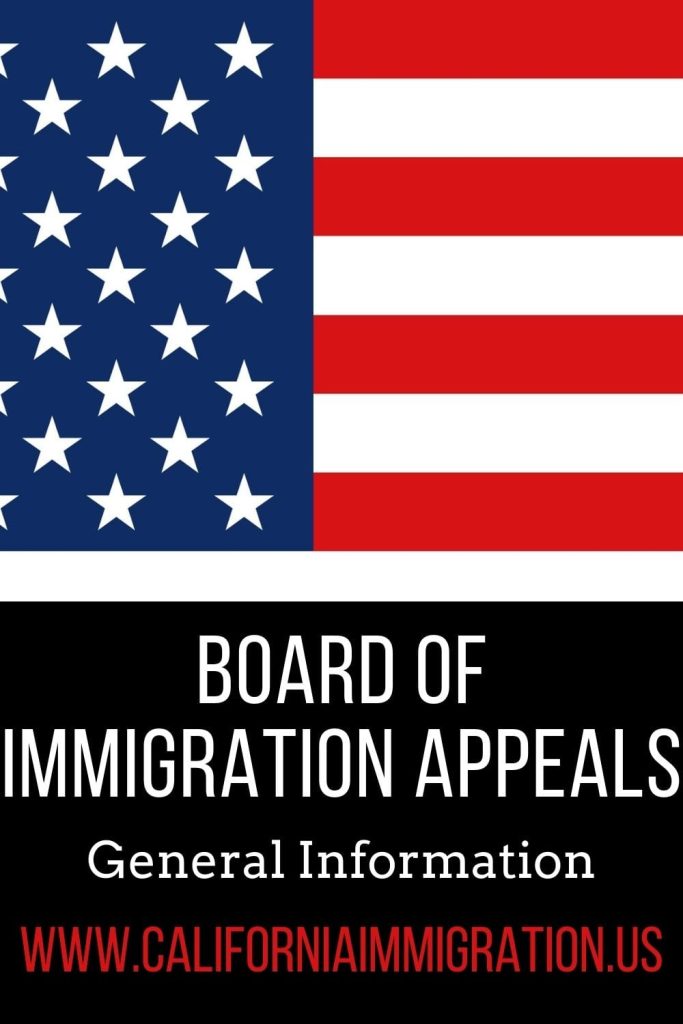
Attorney General’s Appointment Power Confirmed by Fourth Circuit
The Fourth Circuit confirmed the Attorney General has independent statutory authority to appoint and renew temporary members of the Board of Immigration Appeals (BIA) in the case of Salomon-Guillen v. Garland. This power is not limited by the regulation that gives the Director of the Executive Office for Immigration Review (EOIR) similar authority. The court also ruled that the Director’s regulation allows for renewable appointments.
The Court’s Rationale
The central issue was whether a temporary BIA member had the authority to issue an order of removal against the petitioner, Salomon-Guillen. The petitioner argued that the BIA member’s appointment was invalid. He claimed the appointment had exceeded the 120-day limit in 8 C.F.R. § 1003.1(a)(4).
The Fourth Circuit rejected this argument. It found that the Attorney General’s power to appoint temporary BIA members comes from 8 U.S.C. § 1103(g)(2)(A). This statute says the Attorney General “may delegate his authority” to Department of Justice employees. The court stated that the regulation at 8 C.F.R. § 1003.1(a)(4) gives the EOIR Director separate authority. This regulation is a distinct source of power, not a limit on the Attorney General’s statutory authority. Thus, the Director’s ability to appoint temporary BIA members is separate from the Attorney General’s authority.
The court further interpreted the EOIR Director’s regulatory authority as permitting renewable appointments. It found that a single, one-time appointment for a temporary BIA member would be inefficient. The regulation’s language also did not prohibit renewable appointments.

